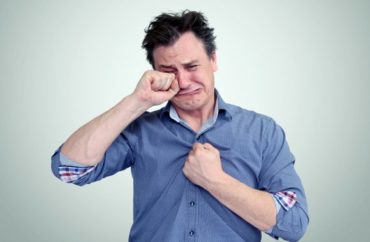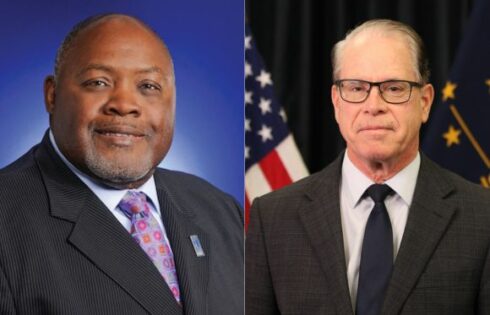
‘The desire to be included made the risk of speaking up too great’
A Harvard student recently made a bold public declaration, admitting that, while at a bar with friends one time, he talked about the attractiveness of the women in his class.
Daniel Hanrahan, a master’s student in Public Policy at Harvard’s Kennedy School of Government, wrote in The Harvard Crimson this week that “the Harvard community is responsible for sexual assault.” Hanrahan notes that, while the men who sexually assault women are ultimately the ones responsible for their crimes, we should also not ignore “the behavior of people not directly involved in sexual assaults.” It is up to bystanders, Hanrahan writes, to help put an end to sexual assault culture.
“Had their enablers taken the harder, riskier option and spoken up,” Hanrahan writes, “[Harvey] Weinstein and [Roy] Moore might have been stopped. Had more people in the Harvard community spoken up to combat sexist comments and behaviors, the strength of rape culture on campus would have weakened and assaults might have been prevented.”
“We are all responsible for preventing sexual assaults on campus and in the wider community,” Hanarahan says. “To help us do so, the Harvard administration should survey and report on sexual assault annually, like they did in 2015.”
Yet Hanrahan does not let himself off easily. “As a male student at the Harvard Kennedy School,” he writes, “I have readily joined the chorus condemning Weinstein and Moore’s disgusting abuse of power. But concentrating criticism on these (rightly) vilified perpetrators reveals a problem with our approach to sexual assault. We are only focusing on some of the people who are responsible for sexual assault. We are ignoring, for example, people like me.”
Hanrahan recounts a harrowing tale from early last school year:
During Orientation Week in August of 2016, I was out late drinking in Harvard Square with two classmates. The topic switched to the women in our class. Over the drunken hum of the bar’s collective conversation, one guy proposed the “hottest” girls in our class. The other did the same. They both then asked me to rank the girls in our cohort in the order I wanted to get with. My alarmed heart bolted blood to my cheeks. I crossed my arms, unable to speak. “Are we making you uncomfortable?” one asked me. I cannot remember my exact response. But it was not: “Yes. Objectifying women, even though it seems harmless to you, demeans them and creates an environment that makes sexual assault more likely.” Instead, I uncrossed my arms, I shook my head, and yes, I discussed which girls were hot.
Hanrahan is up-front about his moral failure to say something to his friends that night: “At the time, it was easy for me to discard my act of cowardice as inconsequential. The desire to be included made the risk of speaking up too great. During many similar ‘inconsequential’ comments at the pub and locker rooms throughout my life, I know I’ve taken the easy way out.”
“My silence lies on a continuum of complicity,” Hanrahan writes, “complicity that allows sexual assault to occur.”
MORE: College admissions leader forced to apologize for saying ‘All lives matter’
Like The College Fix on Facebook / Follow us on Twitter





Please join the conversation about our stories on Facebook, Twitter, Instagram, Reddit, MeWe, Rumble, Gab, Minds and Gettr.